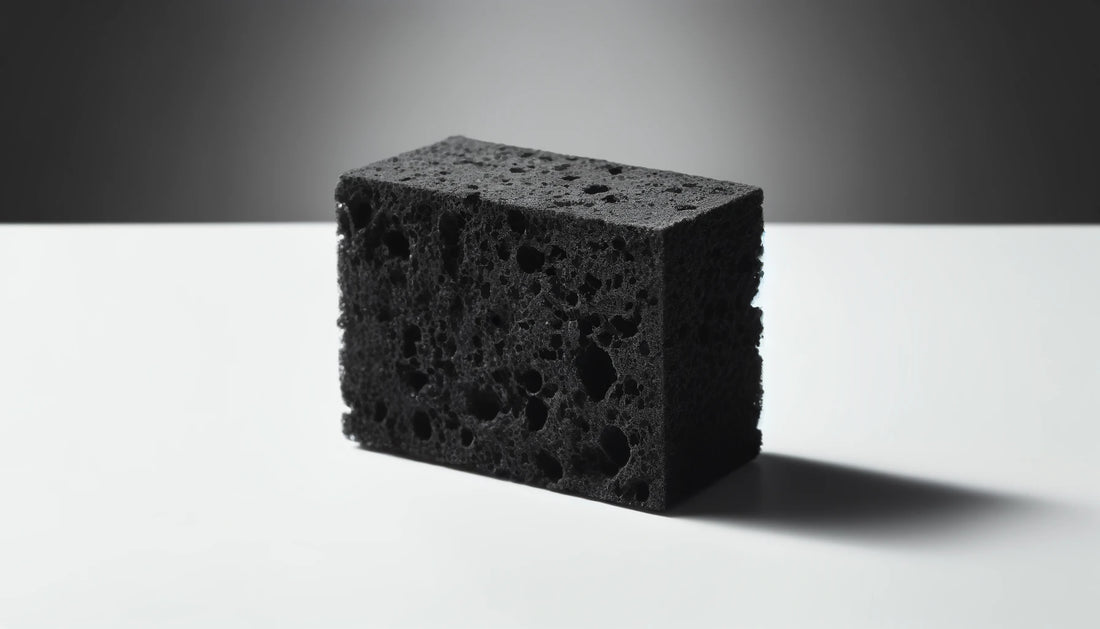A team from the University of Cambridge made a groundbreaking discovery that could revolutionize the fight against climate change, using something you might find in your kitchen.
Researchers found that activated charcoal can be "charged" to absorb CO2 directly from the air.
This is the black stuff often used in filters to clean water.
The team of scientists found that if they treat activated charcoal in a special way, it can capture carbon dioxide (CO2) from the air.
This is significant because CO2 is a greenhouse gas that contributes to the planet getting warmer, so capturing it is important for keeping the Earth cooler.
Normally, activated charcoal can't capture CO2. But the scientists figured out that if they treat it like charging a battery, it can capture CO2.
They did this by using the chemical hydroxide.
When they treated the charcoal, tiny particles called hydroxide ions stuck to it and created spaces that could trap CO2.
Think of it like a sponge soaking up water, but in this case, the charcoal soaks up CO2 from the air.
Once the CO2 is trapped, the scientists heated the charcoal to release the CO2 so it could be stored safely. This heating process requires much less energy than other methods of capturing CO2, which can be very energy-intensive.
One downside is this method doesn't work as well in very humid or wet conditions.
Maybe we should just burn less fuel and reduce CO2 emissions that way?
Some people think we should focus more on using less fossil fuels, like coal and oil, instead of capturing CO2.
Many experts, including those from the United Nations, say that we need to do both to really make a difference.
The lead scientist, Alexander Forse, said that while capturing CO2 is important, we should first try to reduce the amount of CO2 we produce. For example, factories that make cement release a lot of CO2, and this new method could help reduce those emissions.
Right now, using activated charcoal to capture CO2 is still being tested. The University of Cambridge hopes to make it available for real-world use in the near future.
It all started as a creative idea during the COVID-19 lockdowns, and now it's showing a lot of promise in helping our planet.
It's a #WinForThePlanet 🙌🏼
BTW - if you'd like to bring a sustainable cleaning routine to your home, and reduce your carbon footprint, check out Weightless Sheets >>

